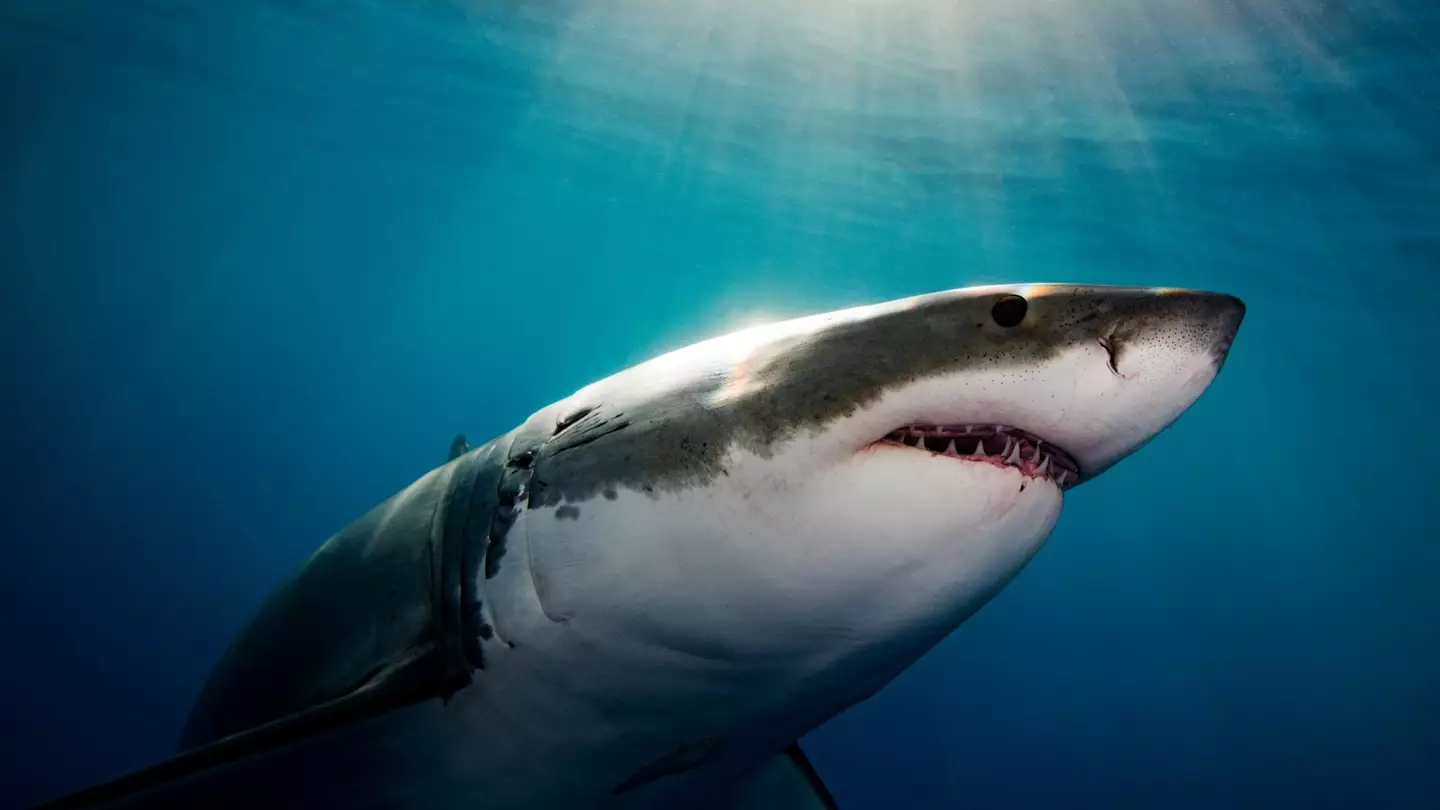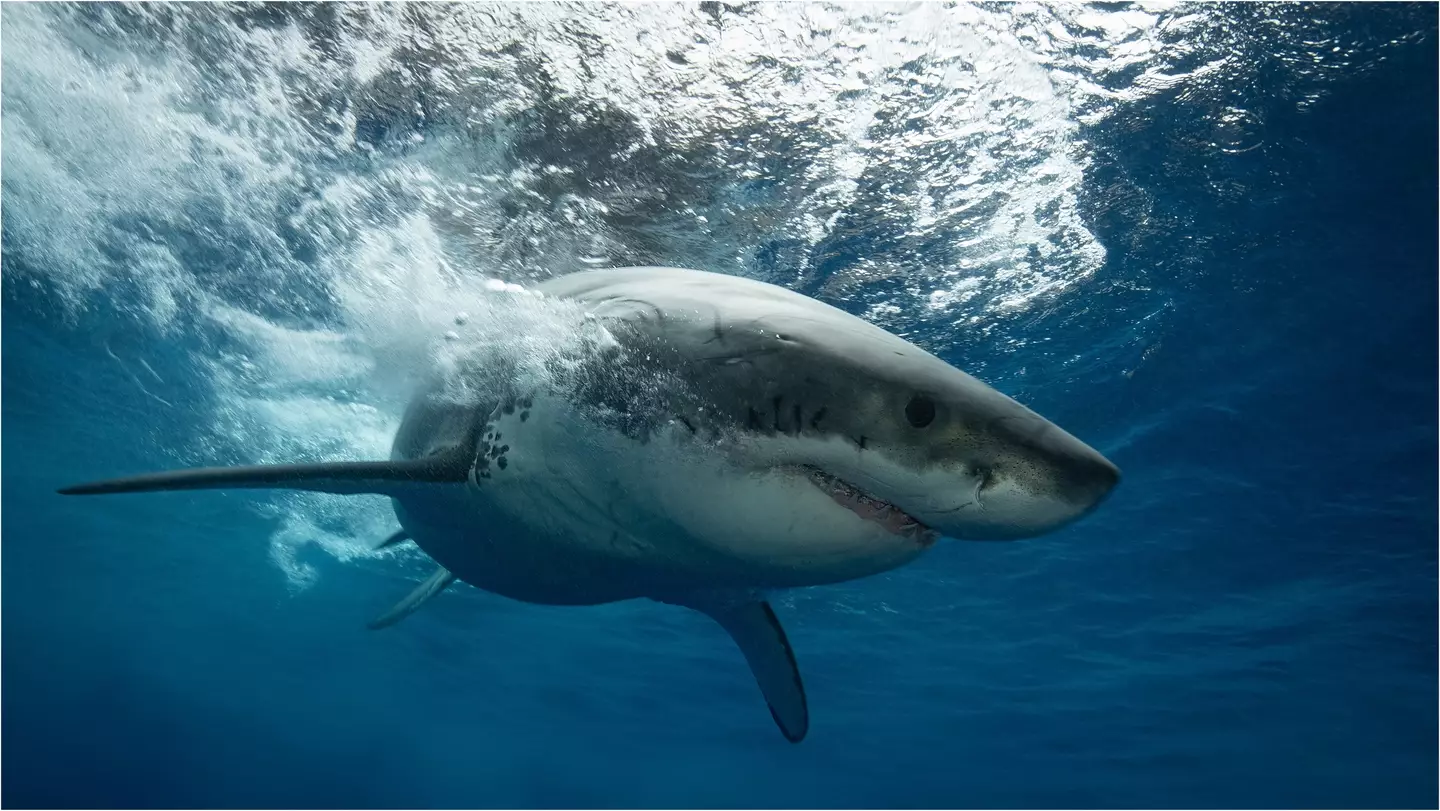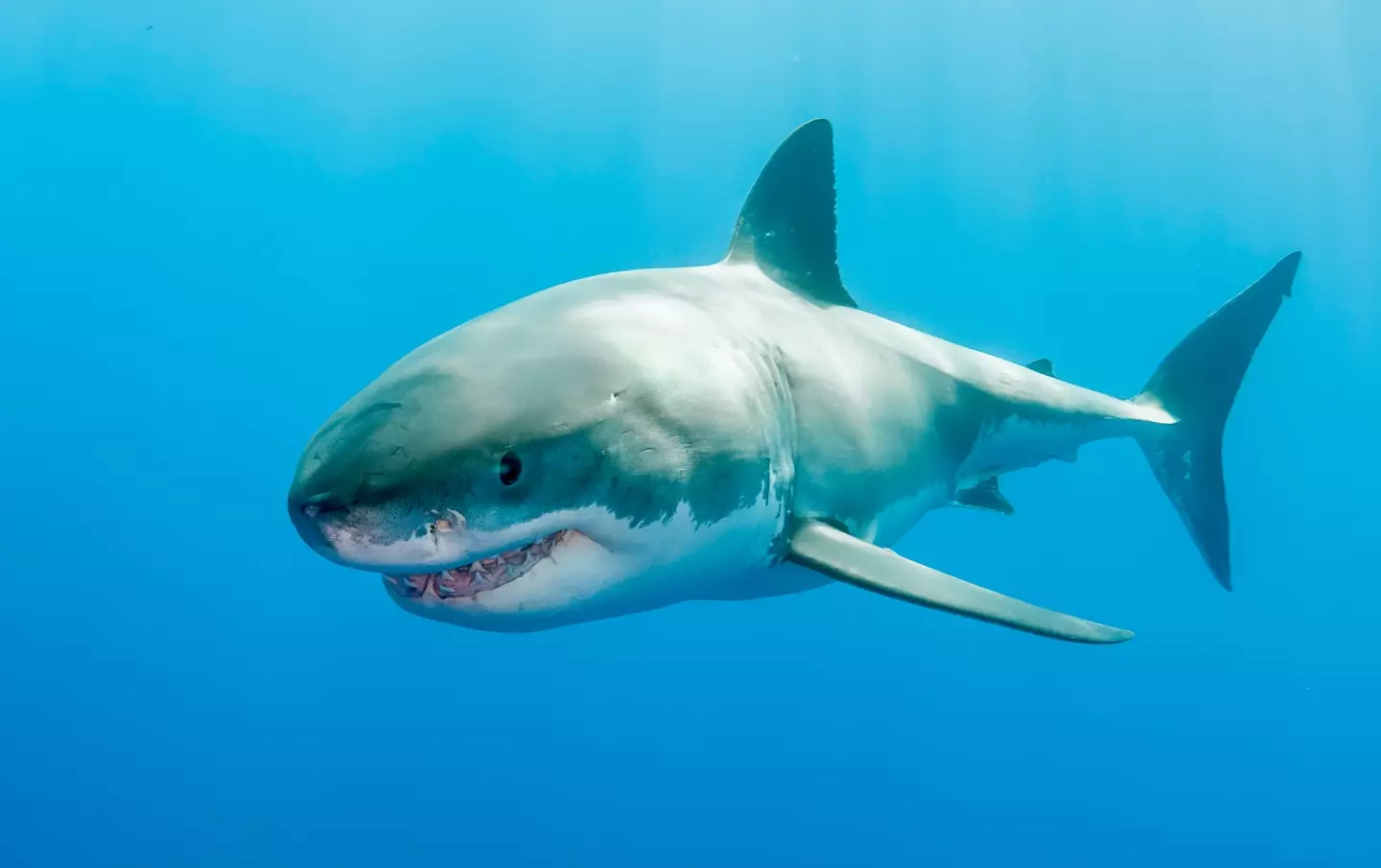
The Great White Shark is one of the kings of the ocean and it turns out the predatory species simply cannot be confined.
Despite zoos having success in keeping dangerous animals such as lions and tigers, aquariums cannot offer the same home to great white sharks for a devastating reason.
Sharks haven't had a good reputation across the world since Jaws was first released in 1975 and they don't exactly help themselves either, with a Dusty shark thought to be harmless recently killing a snorkeler during a 'feeding frenzy'.
They're also absolutely massive sometimes, with scientists continuing to keep a close eye on Contender, a 14ft beast who is regarded as one of the biggest male sharks ever recorded.
Advert
So, it's easy to understand why it might not be easy to keep a shark caged, given they are more than capable of killing a human without breaking a sweat, but there have been multiple attempts throughout history, many of which have ended in failure.

For decades, aquariums have tried to contain the world's largest predatory fish, with tourist spots in the US capturing the sharks only to see them die in a matter of weeks, with the longest lasting just 16 days in the efforts before the millennium.
A more modern attempt in 2004 saw the Monterrey Bay aquarium keep a young Great White, measuring in at under five foot, for as long as six months but it was released after killing two other sharks in captivity, and later died just three days after being released back into the wild.
Another attempt in Okinawa, Japan saw a shark last just three days, and since then, aquariums have almost universally agreed that keeping Great White Sharks inside simply isn't a good idea.
Great Whites have evolved to swim long distances, so being enclosed will feel very foreign to them and they will struggle mentally and physically to cope with the change.

This results in them regularly colliding with the glass in their containers, while they also struggle to swim and sometimes refuse to eat, so it's no surprise that they don't last long living there.
Aquarium sharks will also often become more violent and even depressed during their time in captivity and eventually the self-sustained injuries and stress of not being free will lead to their deaths.
So, as much as we might not like sharks because of their reputation for being violent and deadly, perhaps we should stop interfering with their nature and their freedom by keeping them in captivity.
Fortunately, it seems as if previous failed attempts have put people off from trying to keep Great White Sharks but in this day and age where stupidity often reigns supreme, it probably won't be a surprise to see someone attempt this again sometime soon.
Topics: Sharks, Animals, World News
